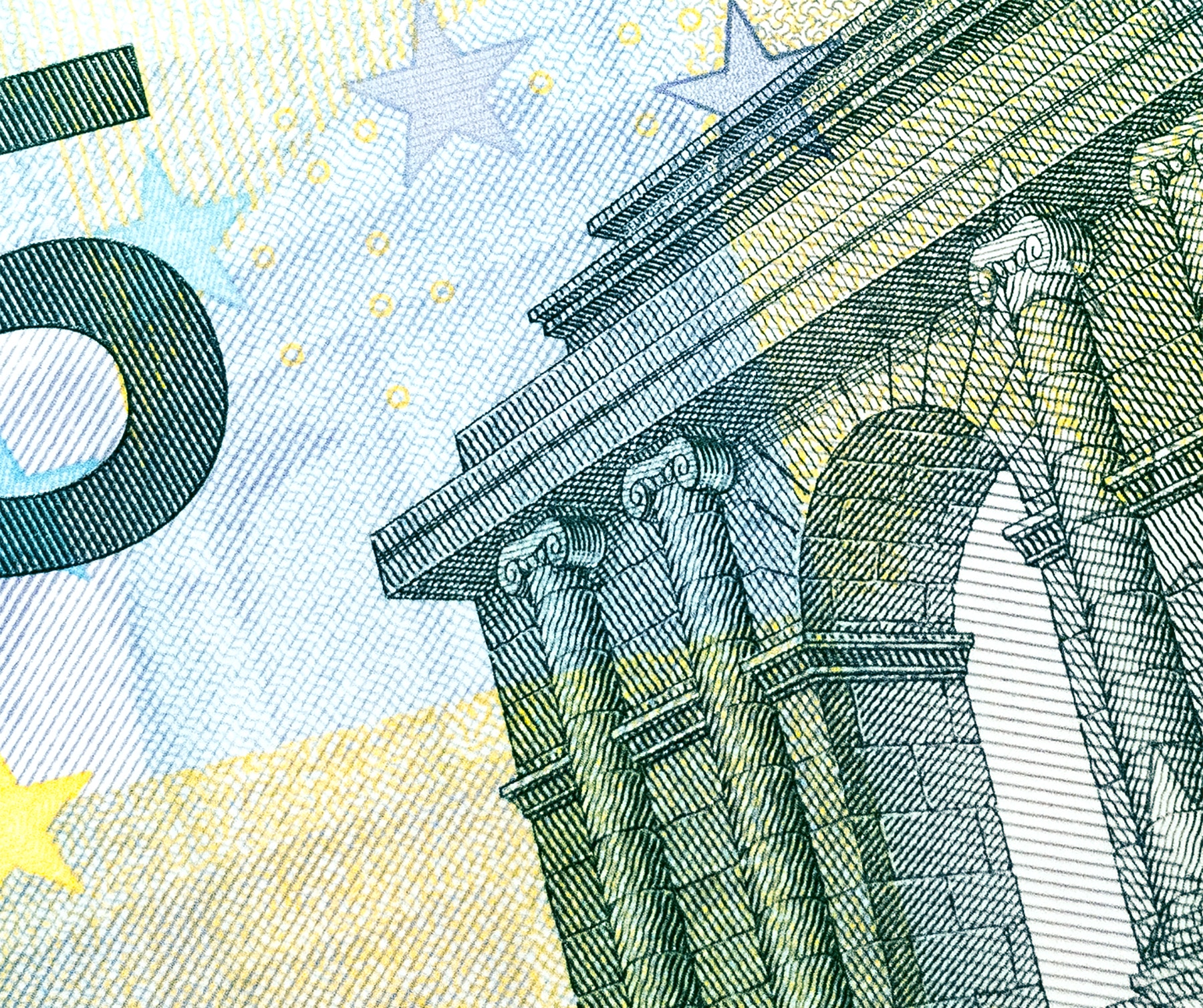Greed, or avarice, is an inordinate or insatiable longing for unneeded excess, especially for excess wealth, status, power, or food.
As a secular psychological concept, greed is an inordinate desire to acquire or possess more than one needs. The degree of inordinance is related to the inability to control the reformulation of “wants” once desired “needs” are eliminated. Erich Fromm described greed as “a bottomless pit which exhausts the person in an endless effort to satisfy the need without ever reaching satisfaction.” It is typically used to criticize those who seek excessive material wealth, although it may apply to the need to feel more excessively moral, social, or otherwise better than someone else.
The purpose for greed, and any actions associated with it, is possibly to deprive others of potential means (perhaps, of basic survival and comfort) or future opportunities accordingly, or to obstruct them therefrom, thus insidious and tyrannical or otherwise having a negative connotation. Alternately, the purpose could be defense or counteraction from such dangerous, potential negotiation in matters of questionable agreeability. A consequence of greedy activity may be an inability to sustain any of the costs or burdens associated with that which has been or is being accumulated, leading to a backfire or destruction, whether of self or more generally. So, the level of “inordinance” of greed pertains to the amount of vanity, malice or burden associated with it.
From Wikipedia, the free encyclopedia, for more about this article click here Photo by Didier Weemaels on Unsplash

